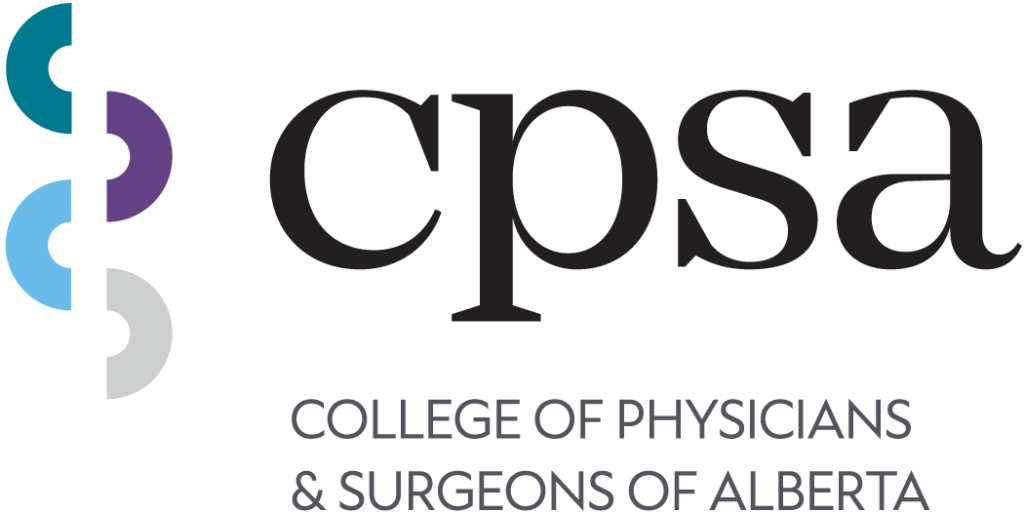How Do I Become a Mediator in Alberta?
Basic Mediation Training
If you are looking to start your training to become a mediator, the information below can help you get started on your training path.
Communications in ADR
The first course you will need to take is Communications in ADR. This 40-hour course introduces you to conflict conversations and the micro-skills needed to manage these conversations. This course includes a take-home quiz and a role-play skills evaluation.
National Introductory Mediation
Once you have successfully completed the Communications in ADR course, the next course is the National Introductory Mediation course. This 40-hour course prepares you to effectively facilitate the interest-based mediation approach to resolving disputes. This course includes a take-home quiz and a role-play skills evaluation.
Practical Ethics for Working Mediators
You can register for the Practical Ethics for Working Mediators course at any point during your education journey with no prerequisites. It’s recommended to take it last as an asynchronous online course and to better benefit from your background knowledge. The course is flexible, taking about 6-8 hours in total, available 24/7, and focuses on enhancing professionalism, developing an “Ethical Blueprint,” and building skills for resolving ethical dilemmas as a reflective practitioner.
Check out our Course Calendar
We currently offer both in-person and online options for these two courses. All of our courses can be found on our website’s course calendar.
These three courses (Communications in ADR, National Introductory Mediation & Practical Ethics for Working Mediators) provide you with the necessary hours of training towards the educational requirements for a Qualified Mediator designation. For a complete list of requirements go to Earn a Designation.
Please feel free to email education@adralberta.com with questions about our training.
Advanced/Specialty Training
Once you have completed the basic educational requirements you are strongly encouraged to take private coaching, join practice sessions, and seek practice opportunities in order to strengthen your skills. From there, you can go on to take advanced training in areas such as Separation & Divorce Mediation or High Conflict Mediation. Go to advanced mediation training for more courses.
Mediation Designations
After obtaining the necessary training, experience, and skills requirements, you may wish to apply for a Qualified Mediation designation. Once designated it is your responsibility to maintain your continuing education credits. You can find out more about the Designation process and requirements here.
The Path to Success as a Mediator – Panel Discussion
On March 6, 2019, ADRIA held a panel discussion with five Alberta-based mediators to discuss their views on mediation and what the path to mediation success might look like for newcomers to the field. Read the transcript from this event.









